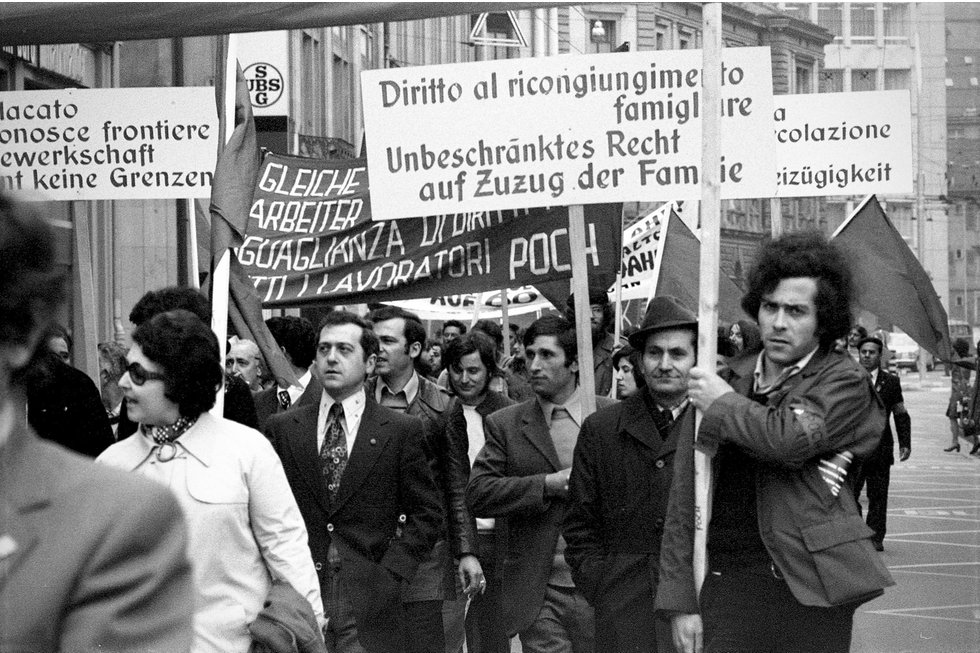Perhaps a lot of the problems of American democracy have to do with what a Dutch historian (Jan Romeijn) called the "law of head start disadvantage ("wet van de remmende voorsprong") in 1937.
The "law" states that having a head start in one area - being the first to adopt something - may constitute a handicap in the long term because it lowers incentives to modernise. You get stuck with the first, suboptimal iteration of a technology or institution.
The US is the oldest democracy in the world, and for this reason its institutions (the constitution, electoral college, supreme court; etc.) are older than elsewhere and devised for a time more different than now. ourworldindata.org/democracy 

In other democracies where there have been crises, wars and revolutions, institutions are more recent and maybe less likely to get deadlocked because of obsolete institutions devised for a time completely different than now.
• • •
Missing some Tweet in this thread? You can try to
force a refresh

















